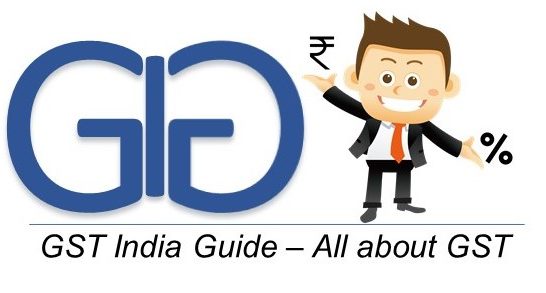Case Details:
| Particular | Details |
| Case No. | Writ Petition No.10350 of 2020 |
| Case Name | Godway Furnicrafts v. State of Andhra Pradesh |
| Court | Andhra Pradesh High Court |
| Date of Judgement | 11-11-2020 |
| Citation | GIG-CLS-0055 |
Issue- In the above case, the petitioner firm was doing business in furniture after obtaining permission and licence from the concerned Departments, including erstwhile Sales Tax Department. When GST Act came into force, the petitioner, along with other dealers, got registered and obtained GST registration number vide registration No. 37AABPA9728J1ZJ from the Department, which was with effect from 1-7-2017. The petitioner claims to have opted for paying tax under composite scheme as per the procedure contemplated under section 10(1) of GST Act and got it registered through GST portal. The petitioner has been filing GST returns and Form GSTR-IV from the quarter ending September, 2017 and the taxes were paid as per the said scheme, which postulates payment of 1% of GST on the turn over. According to the petitioner, the Department accepted the taxes paid/returns filed, till the date of issuance of show cause notice by the 3rd respondent on 14-2-2018, wherein the action of the petitioner claiming payment of tax under the composite scheme was rejected on the ground that the turnover of petitioner for the “previous year” under the VAT regime was Rs. 2.09 crores.
Held- It was held that the dispute in so far as interpretation of the word ‘previous financial year’ arose only for the financial year 2017-2018, as the GST regime commenced from 1-7-2017. If the intention of the legislature was that the turnover of the financial year under GST regime is only to be taken into consideration, then there would have been a clarification of the word ‘preceding financial year’. Section 10 (1) of the Act would not carry any meaning if such an interpretation, as sought by the petitioner was given that the turnover in the VAT regime has to be excluded while computing the tax liability. If such a narrow interpretation to section 10(1) is given, as observed earlier, many of the businessmen would not only escape payment of GST for the year 2017-2018, though the self-declaration made is incorrect or false, but also end up paying minimum GST though their turnover is on a higher side. The legislature in its wisdom observed that such a benefit can be extended to those whose turnover in the previous financial year does not exceed Rs. 50 lakhs. In so far as the financial year 2017-2018 under GST regime is concerned, the preceding financial year would be 2016-2017 under the VAT regime. The collection of tax under the GST Act, 2017 is not in addition to the provisions of VAT, but this is being introduced as a substitute to VAT Act to deal with both goods and services. Therefore, the court does not finds illegality in taking into consideration the previous year’s turn over (under VAT regime) for the purpose of extending benefits under the composite scheme or for collecting taxes and penalty.

